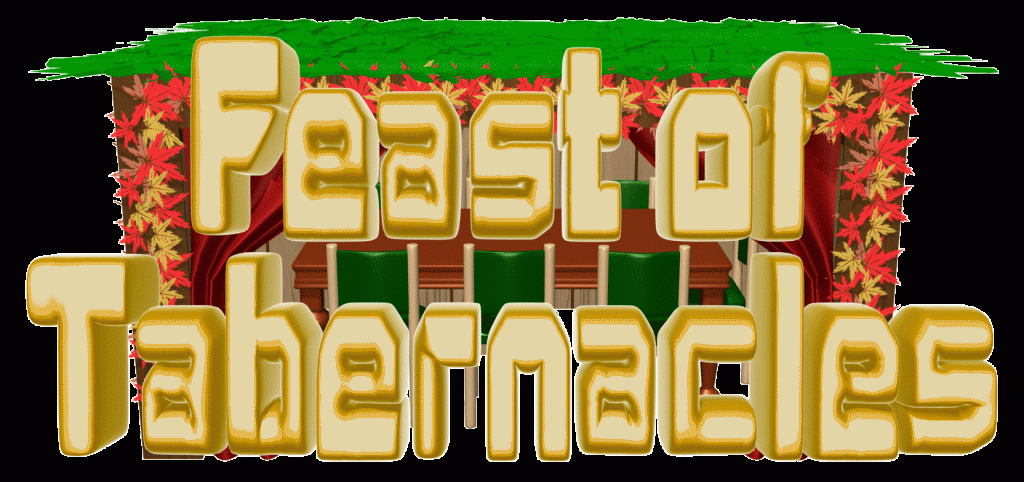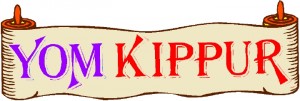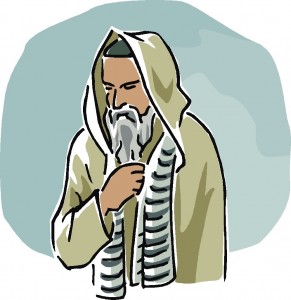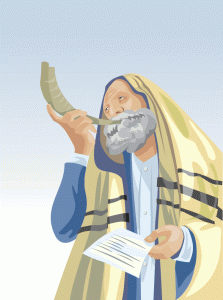Shalom Everyone,
It’s that time of year again — time to head out into the wilderness to celebrate Sukkot (the biblical Feast of Tabernacles). This year, it starts on the evening of Sept. 21 and ends on Shemeni Atzeret on Sept. 29.
My family and I will be loading up our personal gear as well as well as the ministry stuff (sound equipment, etc.) into our vehicles and trailers and heading over the mountains into the intermountain region of Central Oregon. There, we will be joined by others from several states and Canada for eight days of celebration, teachings, fellowship and group activities. You can read all about it on our Sukkot Northwest website at http://sukkotnw.org.
This all means that I won’t be posting anything on this blog for a while. I will I be out of cell service most of the time, but if I find a wi-fi hot spot somewhere, I’ll upload some photos of our event as I did last year.
To learn more about the biblical Feast of Tabernacles, I invite you to read my teaching on the subject at http://www.hoshanarabbah.org/pdfs/sukkot.pdf.
Maybe next year some of you can join us if not in Jerusalem, then here!






